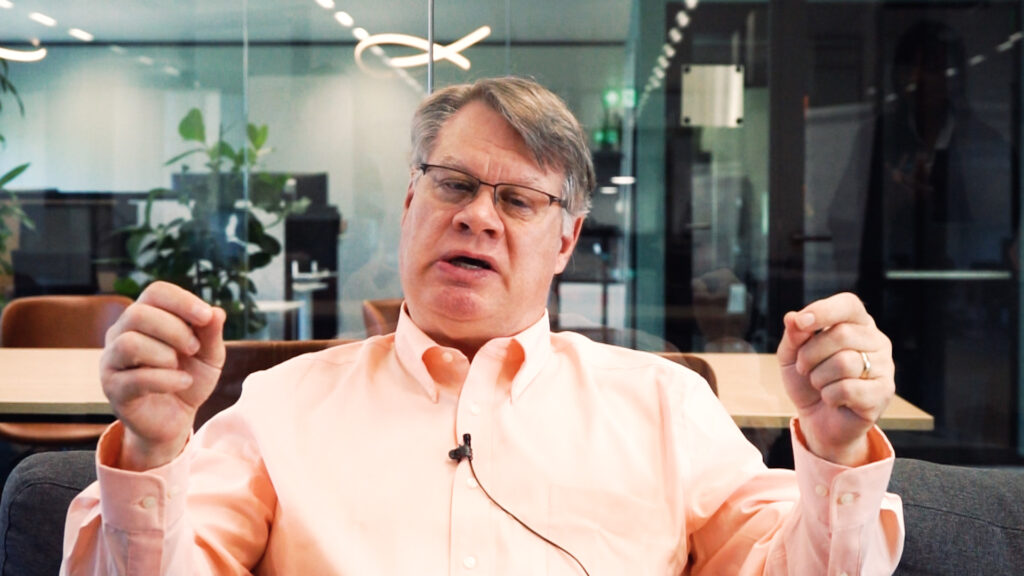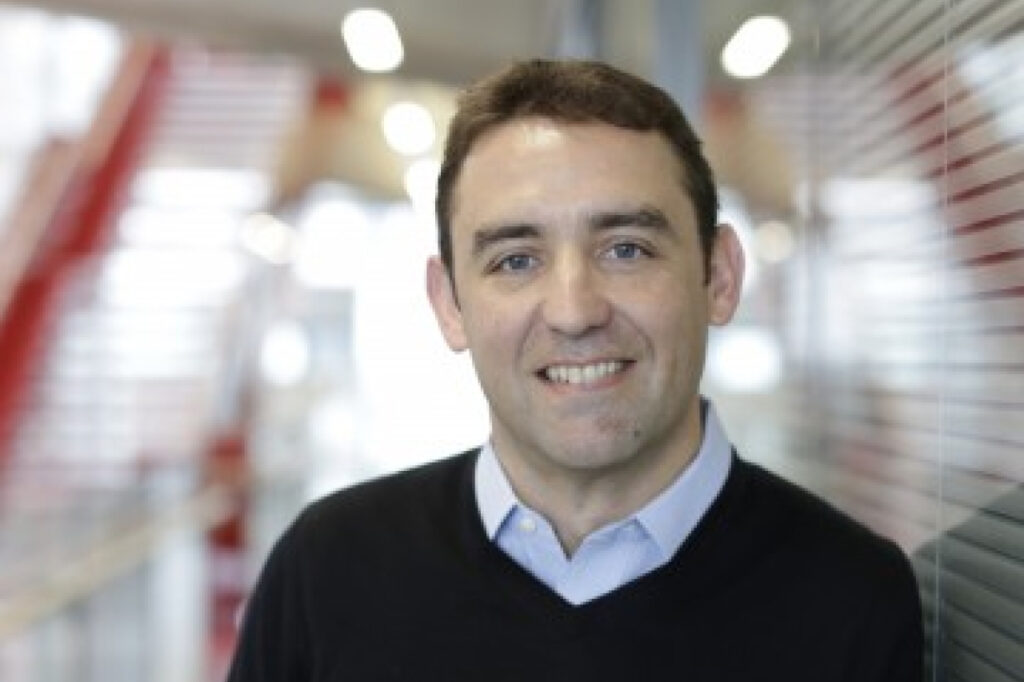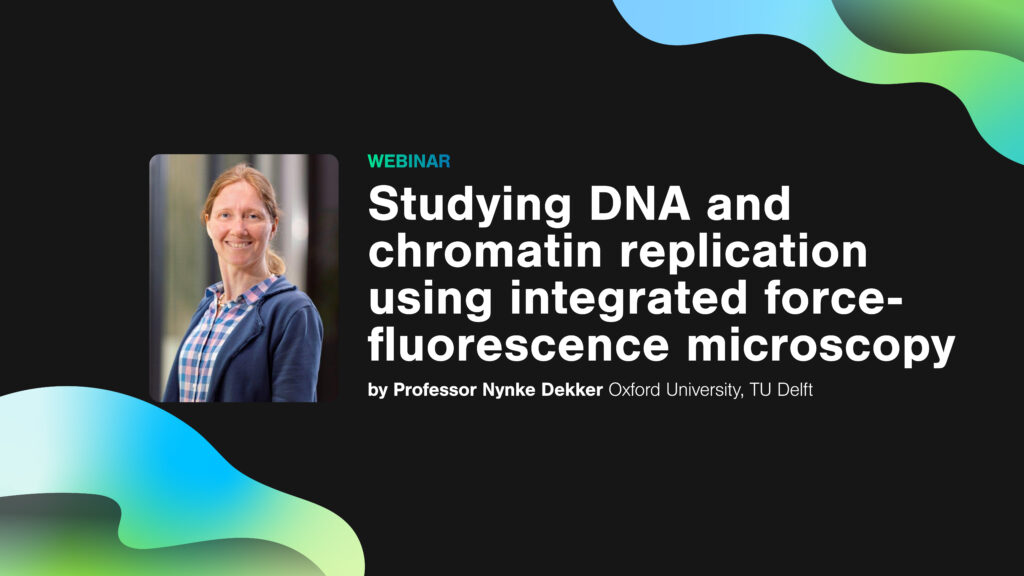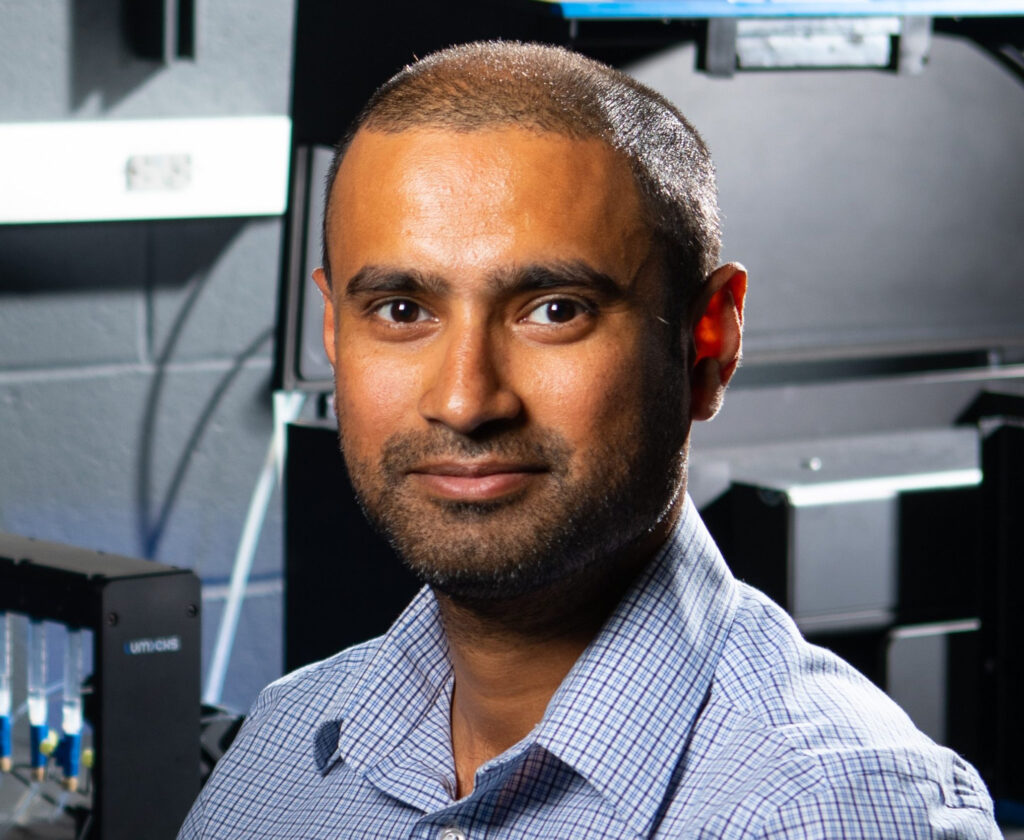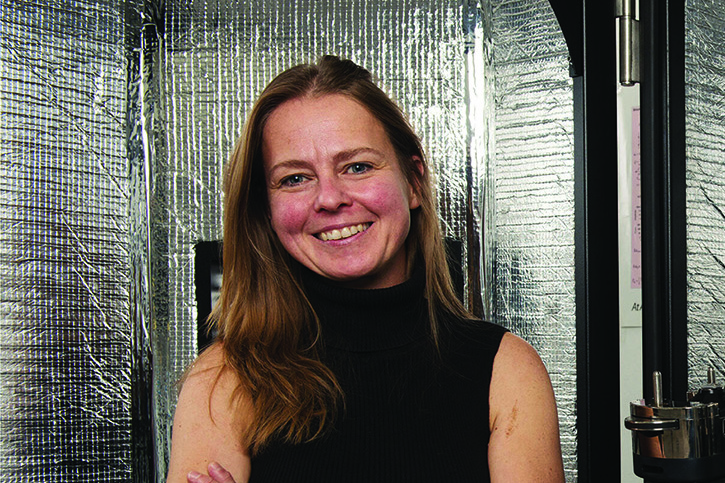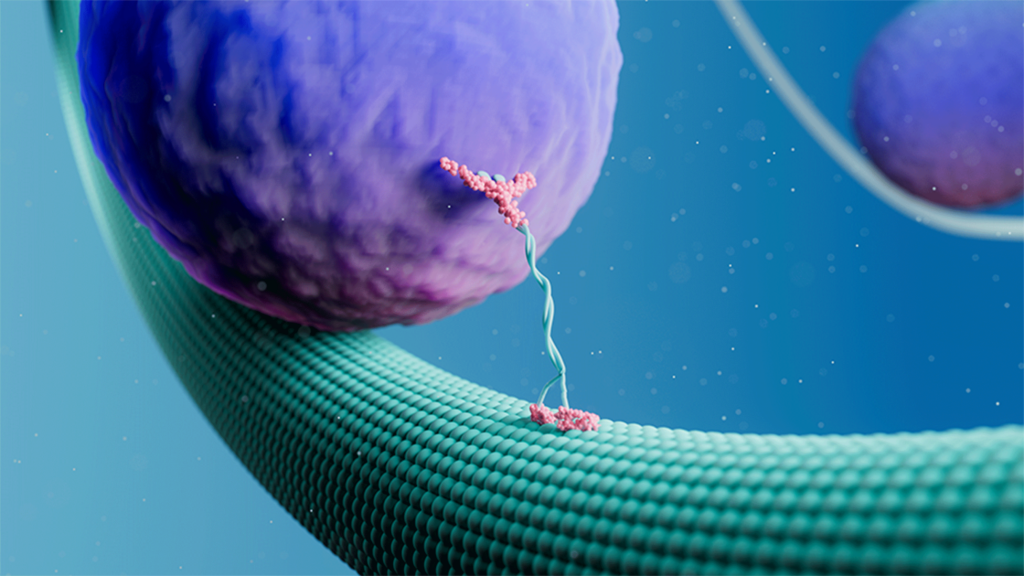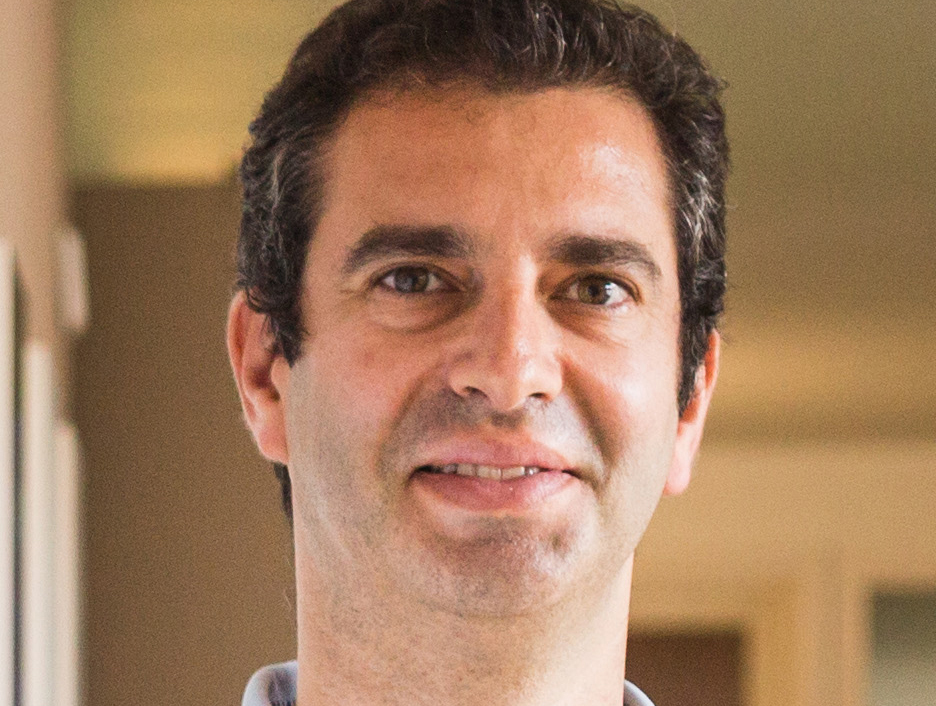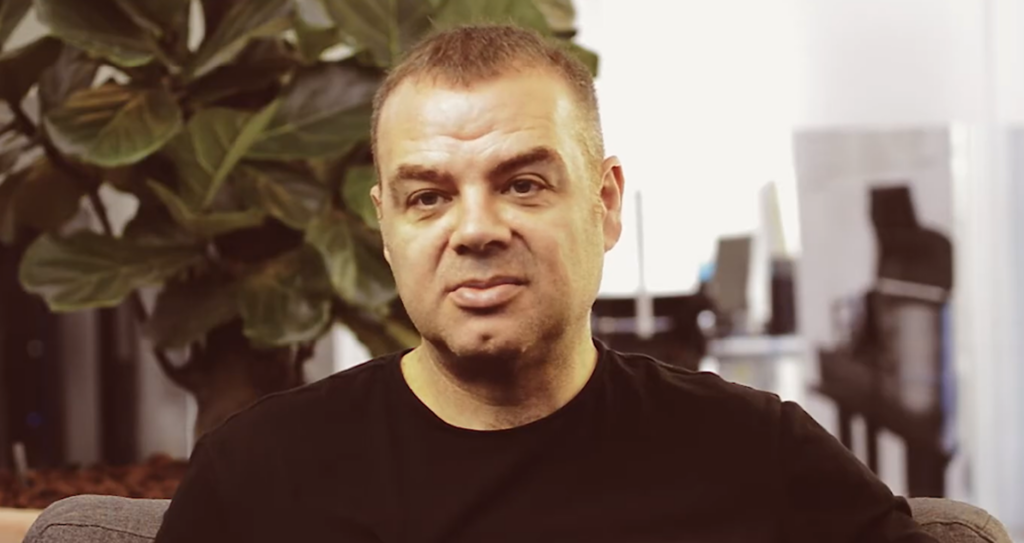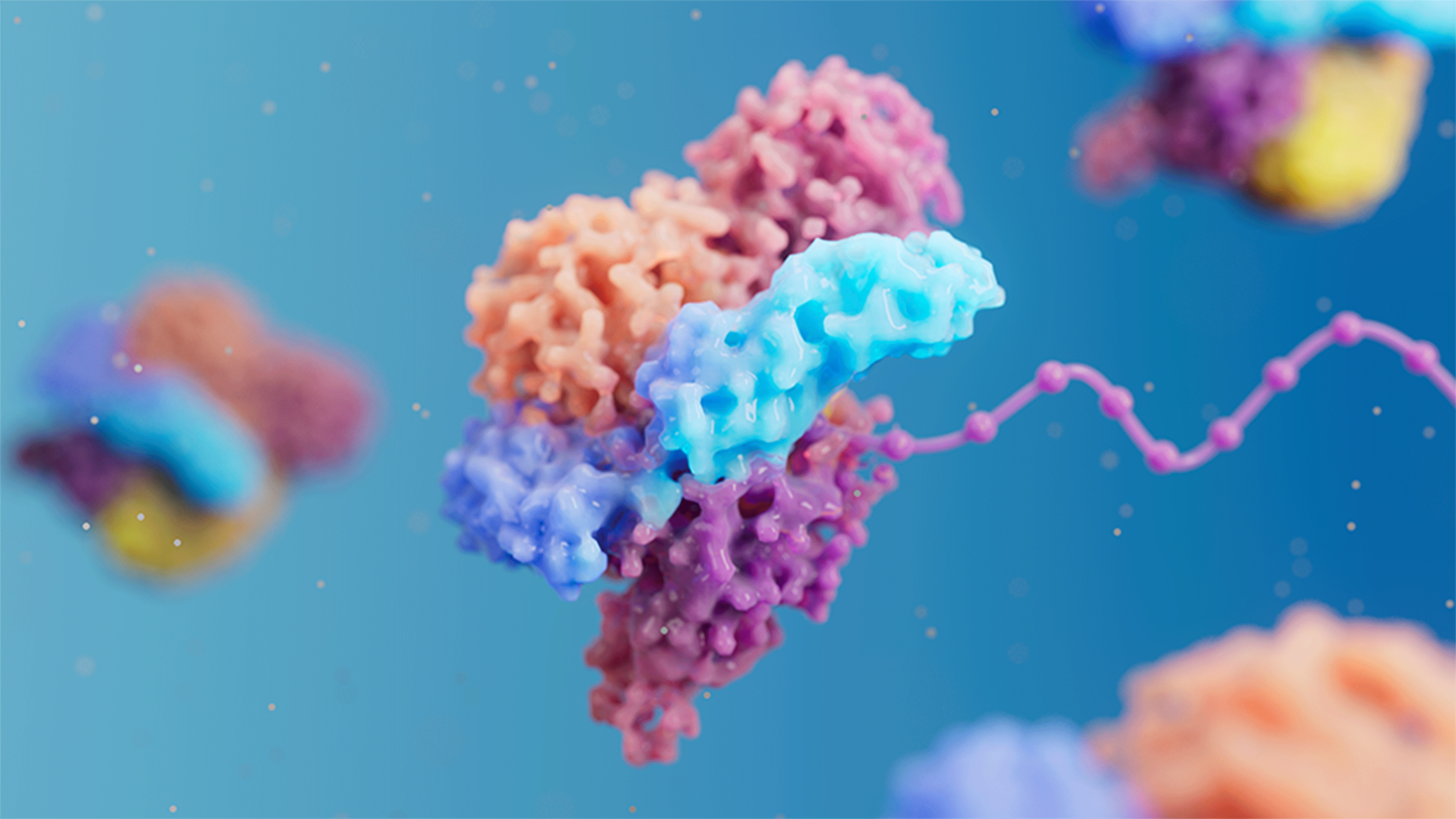
Highlighted Webinar
Discover our most watched webinar and learn groundbreaking insights studying DNA repair from Prof. Ben Van Houten
Single-molecule analysis of cancer DNA-protein interactions from nuclear extracts
Prof. Ben Van Houten has more than 30 years’ experience leading research in DNA repair and its relationship to diseases
On-demand Webinars
Uncover a range of on-demand webinars delivered by our application scientists or invited speakers on a wide range of topics.
New Insights in Chromosome Organization: Single Molecule Analysis of Eukaryotic SMC Complexes
Learn about the critical roles of SMC complexes in genome stability, explore advanced single-molecule techniques with the C-Trap, and explore into the newest findings on DNA bridging and decatenation in this webinar.
Live Cell Force Dynamics – Do Cell Membranes Support or Resist Tension Propagation?
Explore how membrane tension propagates in cells using advanced techniques like optogenetics and the C-Trap. Shannon’s talk challenges existing theories by demonstrating how actin-driven forces influence global membrane dynamics, supported by a new mechanical model.
Breakthroughs into Molecular Machines on DNA and Chromatin
Explore how nanoscale macromolecular machines manage genome replication and gene expression despite challenges like complex chromatin structures and thermal fluctuations. Discover the role of single-molecule techniques like C-Trap in uncovering the dynamics of DNA processes and advancing our understanding of genetic and epigenetic inheritance.
FANCD2-FANCI surveys DNA and recognizes double- to single-stranded junctions
Advance your understanding of fanconi anemia related DNA repair mechanisms and their role in cancer treatment. Explore dynamic single-molecule analysis with the LUMICKS C-Trap instrument in this insightful webcast.
Studying DNA and chromatin replication using integrated force-fluorescence microscopy
Understand how Dynamic Single-Molecule (DSM) microscopy is utilized to observe DNA replication complexes in real-time. Join Prof. Nynke Dekker and learn how nucleosomes and other DNA structures influence molecular interactions during DNA replication.
Decoding the onset of Amyotrophic Lateral Sclerosis (ALS): Liquid-liquid phase transition of Intrinsically Disordered Proteins
Prof. Banerjee uncovers the role of biomolecular condensation in the context of neurodegenerative diseases
A Deep Dive into Nucleotide Excision Repair (NER) and its Crucial Role in Alkyl-DNA Lesion Repair and Cancer Prevention
Prof. Tessmer uncovered an unknown protein recruitment mechanism in nucleotide excision repair (NER)
Single-molecule analysis of variants of the cytoskeletal motor protein KIF1A and their impact on neuronal transport processes and development: A C-Trap Edge study
Prof. Gennerich’s work focuses on molecular mechanisms of cellular transport and its role in health and disease
Insights into Bacterial DNA Condensation and chromosome organization
Prof. Moreno-Herrero’s research sheds new light on chromatin organization mechanisms in bacteria
Unlocking the Power of Cas12a: Novel Insights into Engineered Endonucleases for Safe and Precise next generation Genome Editing
Prof. Montoya investigates molecular mechanisms of CRISPR/Cas-DNA interactions to improve gene editing tools
Download our webinar recording:
Download our Cell Therapy (CAR-T, TCR, NK) applications deck

